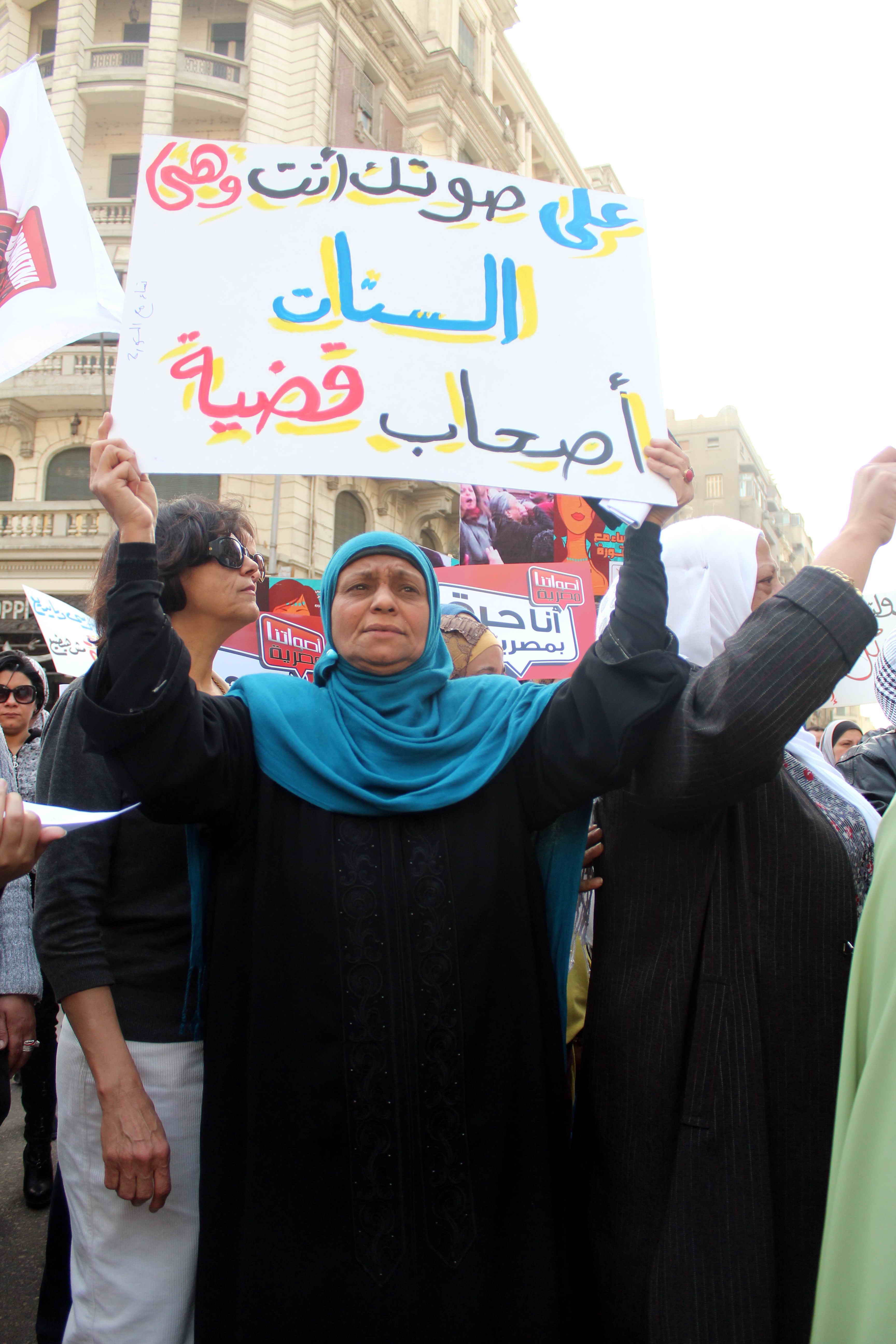WASHINGTON: Syrian President Bashar Assad’s days are numbered as US and European economic sanctions and Arab League opposition have undermined a regime "that’s basically a family-led Mafia," Obama administration officials said Wednesday.
Jeffrey Feltman, an assistant secretary of state, told a Senate panel of the increasing intolerance worldwide for Assad’s brutal repression of the 8-month-old Syrian uprising that the United Nations estimated this week has left at least 3,500 dead. Luke Bronin of the Treasury Department said the sanctions have forced Syria to scramble to find buyers for its heavy crude oil, a blow to the country’s economy.
"He can’t last. He can’t survive," Feltman told a Foreign Relations subcommittee, adding that a growing number of Arabs want Assad to "stop destroying Syria" and that the country’s leader has become a pariah to the Arabs.
He said some Arab leaders have begun to offer Assad a refuge in hopes of a peaceful transition to a new government.
Still, Feltman warned that if the relatively peaceful opposition becomes an armed insurgency it would undercut efforts to get rid of Assad by dividing the international community and playing into Assad’s hands.
"Their strength is in the peaceful protest," Feltman said. "They deny Bashar the ability to claim that he’s really facing an armed insurrection, because he’s not. He’s really facing people demanding their rights."
Asked how long the opposition could hold out, Feltman said he did not know.
He said Assad responds to violence with violence, leading a "government that’s basically a family-led mafia."
The State Department official said the United States is urging the opposition to maintain its peaceful principles while pushing for human rights monitors and media in Syria. The United States also is continuing to pursue sanctions against Damascus through the UN Security Council despite a veto last month. Feltman said the United States would continue to pressure Russia, China, India, Brazil and South Africa on a UN measure.
The measure vetoed by Russia and China would have been the first legally binding resolution against Syria since Assad’s forces began attacking civilian protesters.
"We will relentlessly pursue our strategy of supporting the opposition and diplomatically and financially pressuring the regime until Assad is gone," Feltman said.
Feltman said Syria’s once-promising relationship with Turkey was "in tatters," with a defacto arms embargo in place and the Turkish government providing havens for Syrian refugees and space for the opposition.
Bronin said sanctions on Syria’s energy sector have been effective. Before the penalties, Syria relied on its oil sector for a third of its revenue. That source, he said, has essentially been eliminated.
Democratic Sen. Bob Casey said the administration, working with its allies, should sanction more individuals in the regime who have been complicit in the crackdown on protests.
"The administration can do this by executive order and should do it as soon as possible," Casey said.
Feltman said the US Ambassador to Syria, Robert Ford, would be returning to the country in a matter of "days to weeks."
The Obama administration quietly pulled Ford out of Syria late last month, saying his support for the opposition put him in grave danger and there were personal threats against him.
During his time in Syria, Ford was pelted with rotten eggs, his residence was attacked by vandals and the Assad government branded him a dangerous provocateur.

